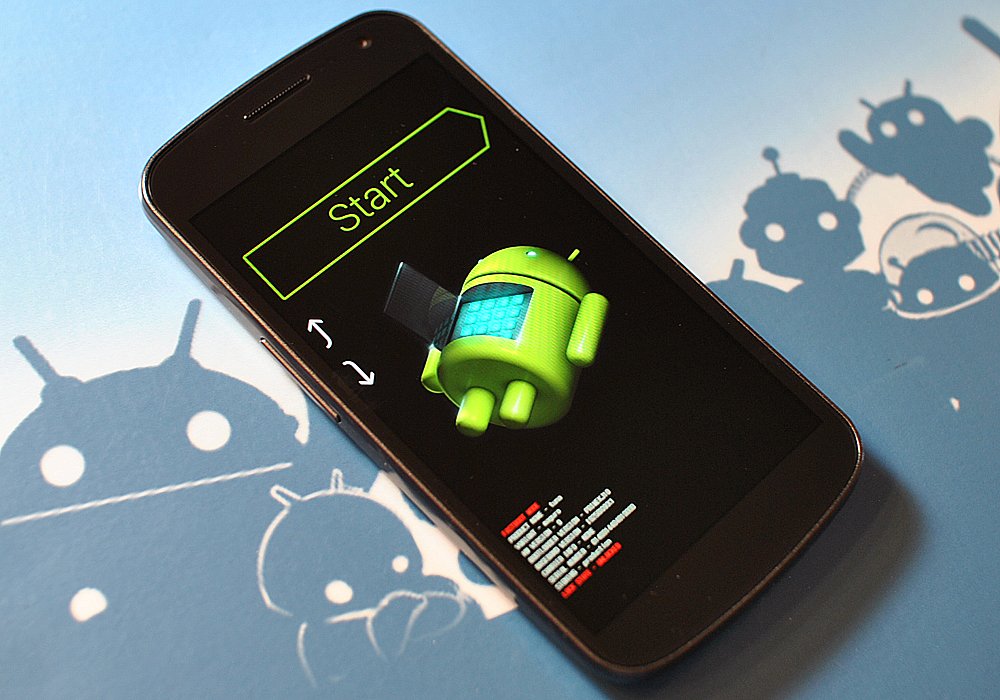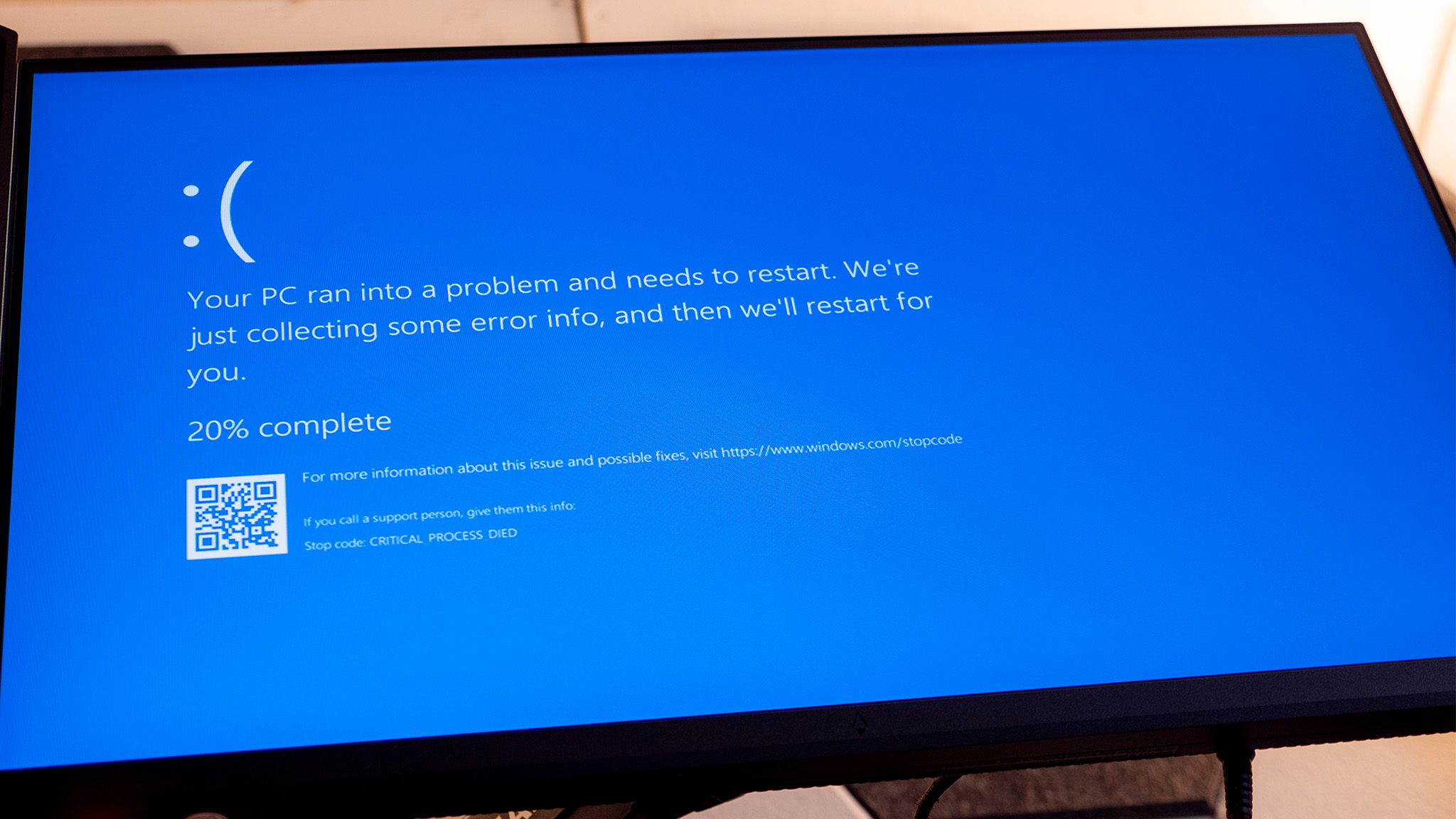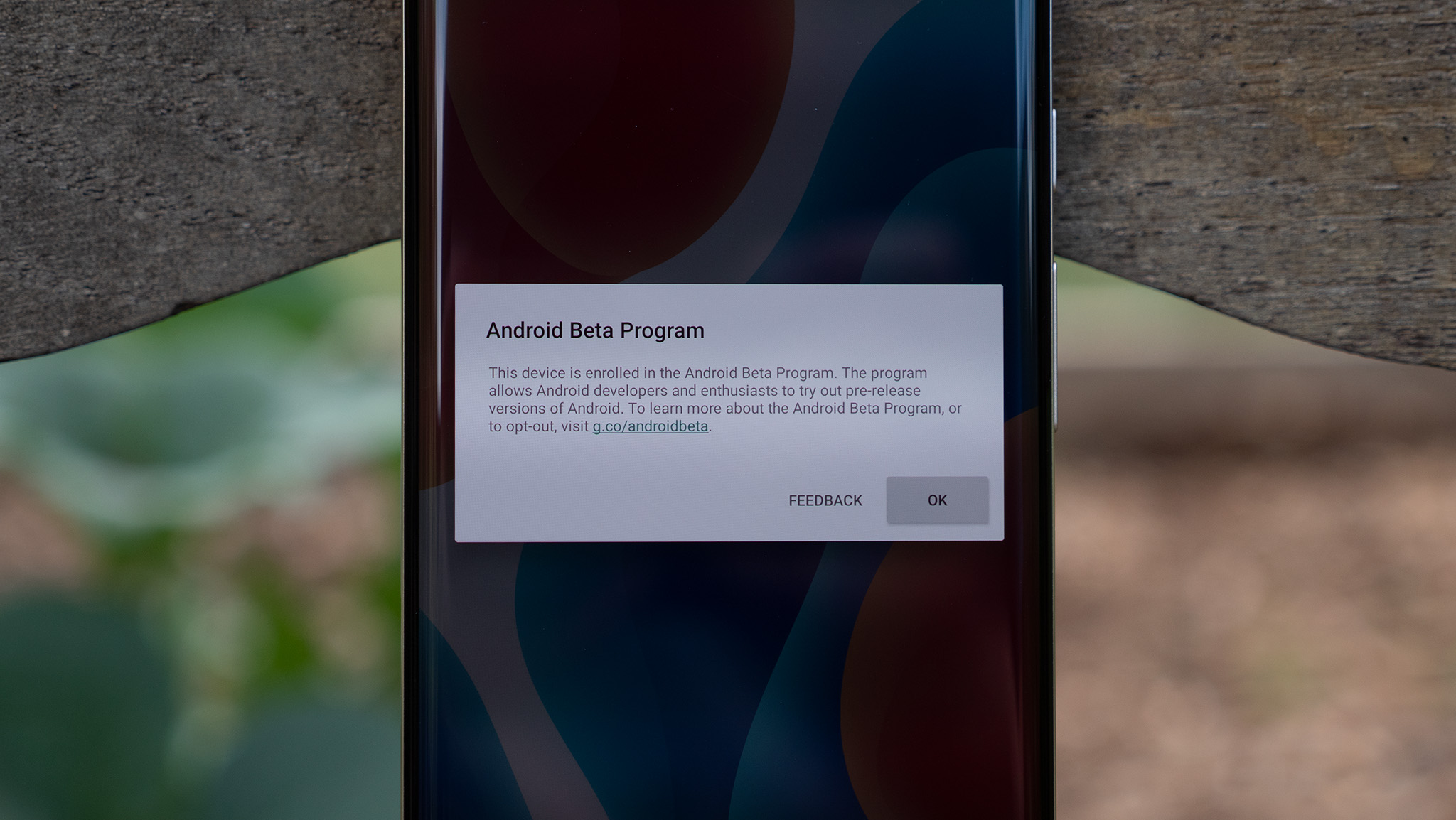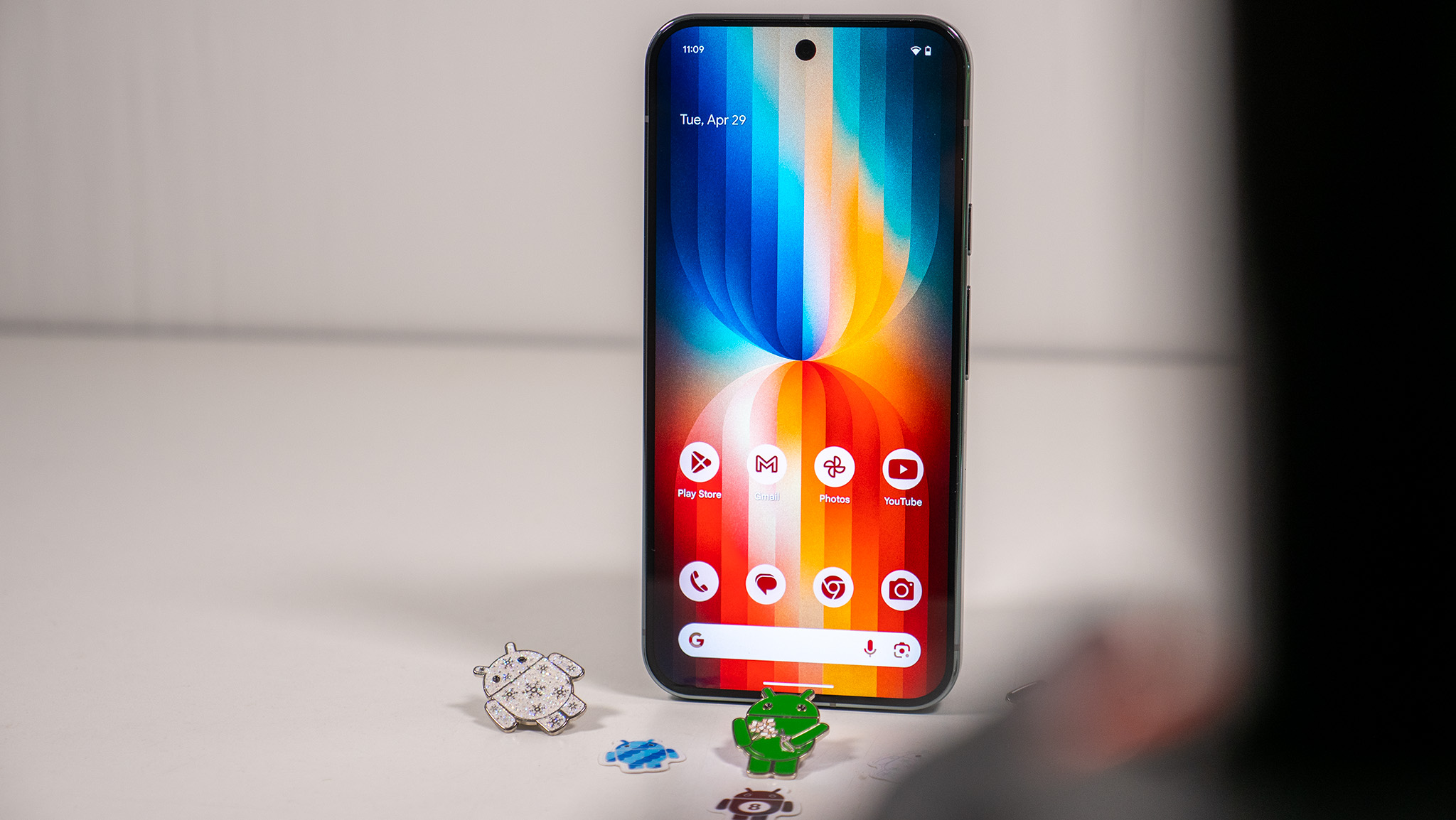Ask Jerry: Why does Google push out updates and new features so slowly?
Let's talk about tech.

Welcome to Ask Jerry, where we talk about any and all the questions you might have about the smart things in your life. I'm Jerry, and I have spent the better part of my life working with tech. I have a background in engineering and R&D and have been covering Android and Google for the past 15 years.

Ask Jerry is a column where we answer your burning Android/tech questions with the help of long-time Android Central editor Jerry Hildenbrand.
I'm also really good at researching data about everything — that's a big part of our job here at Android Central — and I love to help people (another big part of our job!). If you have questions about your tech, I'd love to talk about them.
Email me at askjerryac@gmail.com, and I'll try to get things sorted out. You can remain anonymous if you like, and we promise we're not sharing anything we don't cover here.
I look forward to hearing from you!
Why does Google roll out new software so slowly?

Carlos asks:
Why does Google send out monthly updates and new features so slow[ly]? Every time I read about a Pixel drop I have to wait for it and I'd like to know the reason why.
Thank you guys for everything you do!
Be an expert in 5 minutes
Get the latest news from Android Central, your trusted companion in the world of Android
Hi Carlos! I feel you and this is a super frustrating thing that a lot of folks — me included — impatiently go through every time Google announces anything different and new for the phone in our hands. It's also nothing new and no matter how much we hate it, Google has a really good reason for doing it this way.
I always front-load the answer so nobody has to read past the first few paragraphs, and this time the answer is really easy:
Huge Microsoft Windows outage disrupts services globally
This is what happens when you send out an update to everyone at the same time.

I was readying this article when last Friday's Microsoft outage happened and the timing couldn't have been better. I want to make it clear that Microsoft had nothing to do with thousands of Windows Servers crashing Friday morning and the update that broke everything came from a third-party software vendor named CrowdStrike that provides Windows Server security services. In the end, it didn't matter because a single bad update caused global chaos when it went out to everyone at once.
Google tries to prevent this from happening by slowly rolling out software changes and monitoring what effect they have on the folks who have received them.
It's been this way since the beginning. Back in 2014 Google Executive Dan Morrill, one of the most recognizable Android developers and part of the original Android team at Google, explained why it's done and how.
"Rollouts are conducted in phases. Typically they start at 1% of devices for around 24 - 48 hours; we watch the return rates and resulting device check-ins and error reports (if any), and make sure nothing looks wrong before sending it to more. Then typically it goes to 25%, 50%, 100% over the course of a week or two."
Google knows that no matter how much it tests a new piece of software there is a chance it will break things once it's released to everyone with an Android phone. Pixel phones (in this case) aren't very popular but many of the changes in the monthly update for them are also incorporated into Android itself, with the potential to reach almost every phone around the world.
By slowly pushing out a change, and then waiting to see if it breaks anything, the damage is minimized. There have been botched software rollouts. Plenty of them. In most cases, the software was quickly recalled, and whatever caused the problem was fixed, tested, and then slowly rolled out again to make sure it worked.

This is standard practice from Google, Apple, Samsung, and almost every other company that makes phones and tablets. Software is developed and tested in-house, then sent out to a limited number of beta testers, and once everything seems OK it's sent out slowly to gauge its performance.
This is also why I like to stress that most people really shouldn't install any beta software on a device they want to use. It is expected that things will break and is an important part of this process.
it's frustrating to wait for anything you want to try. Especially when it gets hyped by Google and websites like Android Central. But it's a lot less frustrating that having a phone that stops working. Let's hope Google doesn't decide to stop the slow trollout of new software.

Jerry is an amateur woodworker and struggling shade tree mechanic. There's nothing he can't take apart, but many things he can't reassemble. You'll find him writing and speaking his loud opinion on Android Central and occasionally on Threads.
You must confirm your public display name before commenting
Please logout and then login again, you will then be prompted to enter your display name.
